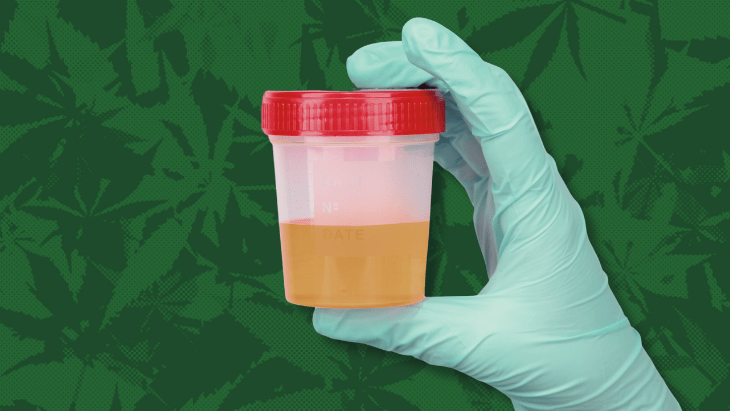
Commercially licensed drivers will continue to be subject to observed urine tests for the foreseeable future, despite the US Department of Transportation amending its rules nearly 20 months ago to provide workers with the option of undergoing less invasive oral fluid testing as an alternative to urinalysis.
Federal officials finalized the rule change on May 2, 2023 and the new rule became effective on June 1, 2023. However, the rule stipulates that commercial drivers cannot opt for oral fluid testing until the US Department of Health and Human Services certifies at least two laboratories to perform saliva screening.
In a recent notice published in the Federal Register, the agency acknowledged that no labs have received HHS certification.
“Because no oral fluid laboratories have been certified, it is not yet possible to comply with this provision,” the agency wrote on December 9th. As a result, the agency is seeking to amend its May 2023 rule “to require the conduct of directly observed urine tests in situations where oral fluid tests are currently required, but oral fluid testing is not yet available.”
Federal transportation laws currently mandate that commercially licensed drivers randomly undergo marijuana urinalysis testing, which detects the presence of the inert carboxy-THC metabolite. The non-psychoactive metabolite is detectable in subjects’ urine for weeks or even months following past exposure.
Oral fluid tests typically identify THC or its primary metabolite for a period of 12 to 24 hours following marijuana exposure, a period of time beyond the window of cannabis-related impairment, but one that is shorter than the timeline typically associated with urine testing or blood testing.
Since 2020, over 139,000 truckers have tested positive for past cannabis exposure. Those who fail their test are required to enter a ‘return to work’ program, which includes passing a drug test, to have their license reinstated. However, only about one-quarter of those with drug test failures have done so, resulting in an industry-wide labor shortage.
When the DOT finalized the rule change last year, California NORML’s Deputy Director Ellen Komp said: “While oral swab tests do not necessarily correlate with impairment from cannabis, they are a better predictor of recent use than are urine tests, which can pick up inactive THC metabolites days or weeks after use. This long-awaited move by DOT should help with the country’s supply-chain issues, while advancing employment rights for legal and responsible cannabis users without jeopardizing roadside safety.”
NORML has repeatedly argued that employers should not presume that the detection of either THC or its metabolites is evidence of impairment. That is because their presence is not predictive of diminished performance. Alternatively, NORML has called for the expanded use of performance-based tests, like DRUID or Predictive Safety’s AlertMeter.
Recently, lawmakers in several states – including California and New York – have amended their employment laws so that most state employers may no longer terminate workers solely on the basis on a positive drug test for the presence of THC metabolites.
Additional information is available from NORML’s fact-sheet, ‘Marijuana Legalization and Impact on the Workplace.’
Related
Medical Disclaimer:
The information provided in these blog posts is intended for general informational and educational purposes only. It is not a substitute for professional medical advice, diagnosis, or treatment. Always seek the advice of your physician or other qualified healthcare provider with any questions you may have regarding a medical condition. The use of any information provided in these blog posts is solely at your own risk. The authors and the website do not recommend or endorse any specific products, treatments, or procedures mentioned. Reliance on any information in these blog posts is solely at your own discretion.






